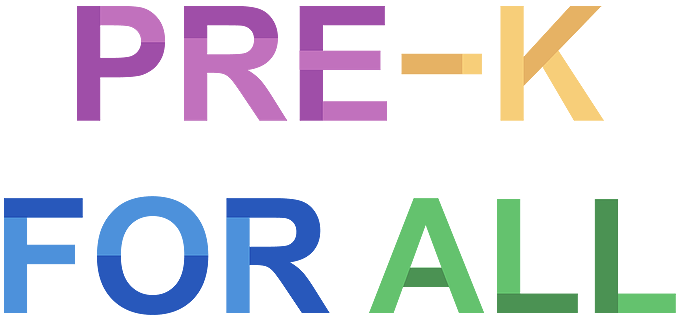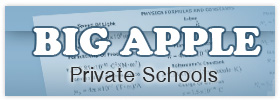
If you live in New York City and your child is turning 4 years this year, it’s time to start thinking about pre-kindergarten for September.
We encourage you to read through the information below to learn about the pre-k admissions process and the different program options available for your child. We look forward to guiding you along the way!
Pre-kindergarten is a time of growth and exploration for children. A child’s development throughout the year can happen at different stages and times, but there are some milestones based on research, theory, and practice that child are expected to achieve by the end of prekindergarten year.
Pre-K is free. Families do not have to pay to attend programs offered by the NYC Department of Education.
Bambi PRE-K FOR ALL Program
Pre-kindergarten is a time of growth and exploration for children. A child’s development throughout the year can happen at different stages and times, but there are some milestones based on research, theory, and practice that child are expected to achieve by the end of prekindergarten year.
Bambi PRE-K FOR ALL program uses The New York State Prekindergarten Learning Standards to help children succeed in school and prepare for college and career.
Our curriculum is based on five domains of development:
- Approaches to Learning – how children become involved in learning and acquiring knowledge.
- Physical Development and Health – children’s physical health and ability to engage in daily activities
- Social and Emotional Development – the emotional competence and ability to form positive relationships that give meaning to children’s experiences in the home, school and larger community
- Communication, Language and Literacy – children’s understanding, creating, and communicating meaning.
- Cognition and Knowledge of the World – what children need to know and understand about their world and how they apply what they know including math, science, social studies, the arts, and technology.
We apply this curriculum in our daily activities:
During Class Meetings children come together and become a community of learners, explorers, and friends. They discuss the calendar, weather and the plans for the day. They build language skills by listening and responding to stories as well as singing songs and reciting nursery rhymes. They practice counting, look for patterns, and explore other math concepts.
During Read Aloud children listen to stories every day. They ask questions, learn new words, and discuss different parts of books. During this time, children develop listening, reading, writing, speaking, and critical thinking skills. They get excited to hear what will happen next and what they will learn each time the teacher turns the page.
During Center Time children make decisions about where they will explore, discover, and learn each day. They learn independence by working by themselves or with other children. They read and write, build, cut, paint, and pretend.
During Small Group children spend focused time with the teacher and other students. They develop new knowledge and practice what they learn with support from the teacher and other students.
During Active Play children play outside every day, weather permitting. Playing outside helps develop children’s muscles, improves coordination, and reinforces healthy habits. Children also learn social skills such as taking turns, talking to others, making friends, and getting along.
During Meal Time children have a role in getting ready for a meal. Meals are often set up in family style so children can serve themselves and continue learning social skills as they engage in rich conversations during meals.
- Apply online or in person:
 |
 |






